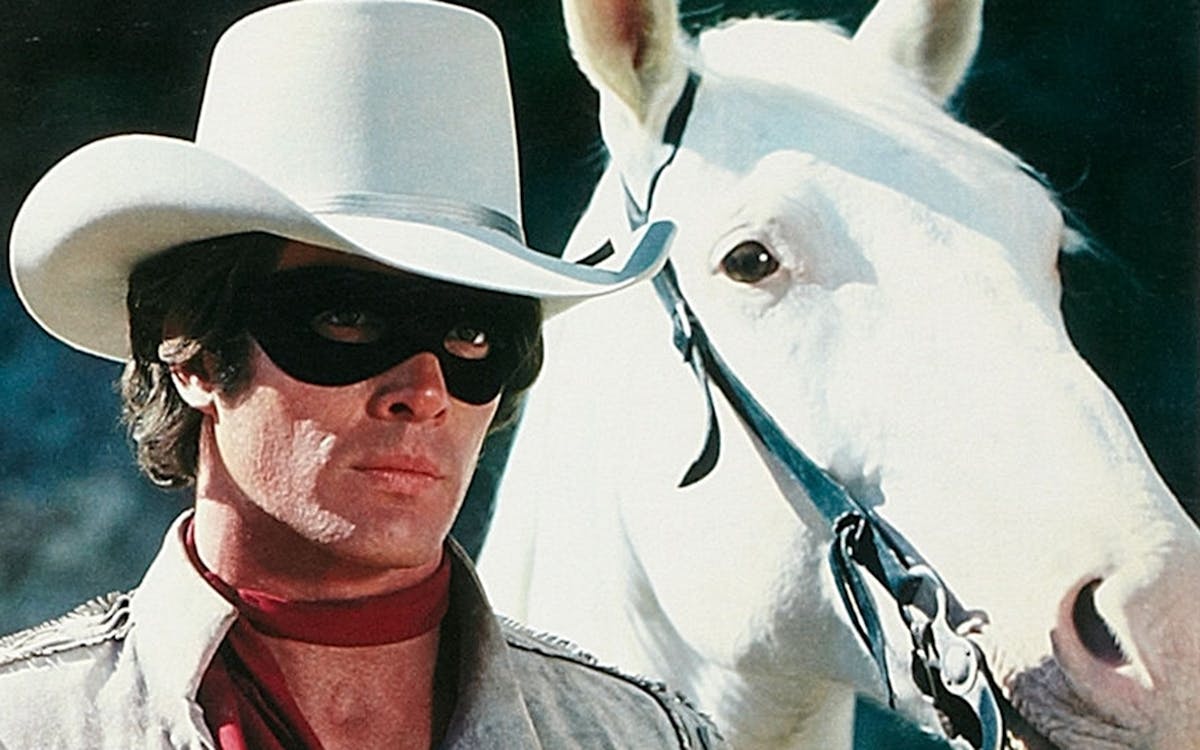In defense of swapping, it can be done well, and has been at least once: Ron Moore’s Battlestar Galactica reboot. I was a fan of the original as a young teen. But let’s face it, that show just wasn’t very good. It was mainly Universal hoping to suck down some of that sweet, sweet 20th Century Fox Star Wars cash. I can’t think of any episode that I would describe as particularly good, let alone Star Trek TOS-level good.
But the reboot was another thing entirely. RM swapped Starbuck to make things interesting, I think, not out of any desire to be “woke” (which wasn’t even a thing at the time). She turned out to be an amazing character. The relationships on the show added to the drama without making it into a soap opera. How much more interesting was Starbuck’s having passed Zack through pilot training—thus being responsible for his death—than the original show’s just blasting him out of the sky in the first 20 minutes?
Baltar became a fully realized, relatable antagonist as opposed to the one-dimensional mustache-twirler played by John Colicos (enjoyable though he was). Adama became a tragic figure, defined, as so many leaders are, by his burdens. And so on.
In short, it was the polar opposite of what we see today with Kurtzman and his ilk: the reimagining of a mediocre series as a compelling dramatic adventure.
Having said that, the fact that Moore did it well doesn’t mean anyone else has (they haven’t), or even that they can. That takes skill, talent, and creative judgment, all of which the Kurtzman Klub lack in spades.
Yes, modern BSG was a massive success, although I’ve only seen the original, and I get why it’s a cult favorite. Lots of potential which wasn’t realized, and some very neat ideas.
Itchy Bacca, who has disappeared from the culture war, was not a fan of the BSG reboot, and actually dubbed it the “Patient Zero” of where we’re at now, in terms of franchise reboots. He cited many of the developments from his “Phases of a Geeker Gate “ guide as having first occurred in BSG fandom when the reboot began.
THE PHASES OF A GEEKER GATE
1. SJW CRITICISM – The IP is criticized by SJWs for being racist, sexist, misogynist, homophobic, and a smattering of other things.
2. IP IS ABOUT TO UNDERGO REBOOT – or reimagining, or remake, or whatever term is fashionable at the time.
3. THE BARNACLING – SJWs barnacle themselves to the IP both within its production and without in the fan base, and start lecturing long time fans.
4. FAN CRITICISM – Long time fans of the IP voice legitimate criticism of the new direction.
5. SJW RESPONSE TO FAN CRITICISM – A large fan backlash is created when SJWs both within and without the production falsely accuse critics of being racist, sexist, misogynist, homophobic etc.
6. DISMISSING THE BACKLASH – Media publishes pieces declaring the backlash doesn’t exist.
7. IGNORING THE BACKLASH – Media publishes pieces instructing others to ignore the “tiny vocal minority.”
8. SUPPRESSING THE BACKLASH – Blogs and websites delete or otherwise “redact” critical comments and posts in discussion forums under the aegis of “hate speech.”
9. BACKLASH INTENSIFIES – As an inevitable side effect of suppression, backlashers seek out other venues to express their criticism, and some publish their own, growing the backlash exponentially.
10. HATE HOAXES & FALSE FLAGS – The rank and file SJW activists get heavily involved in shouting down critics, and creating false flags and hate hoaxes in an effort to discredit critics.
11. IP FAILURES – The IP starts to falter as fans drift away and sales plummet.
12. THE DAMSEL IN DISTRESS – A female member of the production (it could also be a gay man) is granted victim status over a fishy event in order to deflect from the failures of the IP, and shame critics into silence.
13. DESPERATE PLEAS FOR COMMUNITY MANAGEMENT – “White Knights” in the media call for creative authorities to smack down the backlash and restore control of the narrative in response to The Damsel In Distress event. Media publishes multiple articles with the same talking points and buzzwords such as “toxic” in an effort to mischaracterize the fan base. Major news outlets report on the story, and quote these “think” pieces as authoritative.
14. ANSWERING THE CALL – Celebrities and creative cast & crew answer the media’s call, and make public statements admonishing critical fans, typically over false accusations.
15. THE FINAL PUSH – Media entities, and rank and file SJWs tell long time fans to go find something else if they don’t like it anymore, in a last ditch effort to push critics out of the “community” once and for all.
16. IP BLEEDING – The IP continues to hemorrhage money, as long time fans continue to abandon the IP in droves.
17. FANBASE OBLITERATION – The fanbase is utterly destroyed, leaving behind only the small handful of SJWs who don’t make any purchases.
18. THE END – The new incarnation of the IP comes to an end. Since the majority of the fan base has abandoned it, there’s no more controversy or discussion about it. It’s over. The best case scenario is that the original IP is largely forgotten with the exception of a few die-hards who still carry the torch. The worst case scenario is that the new incarnation of the IP overwrites the original IP, and the original IP is forgotten altogether and overshadowed by the new incarnation in all future media mentions.
19. MIGRATION – The remaining SJWs jump ship to devour a new IP that is popular, and undergoing a transitional phase.
20. REBIRTH – The process begins anew.
STAR WARS is currently somewhere around # 16, and STAR TREK # 17, I think.
Anyway, I have no dog in the race, since I haven’t seen the BSG reboot.

